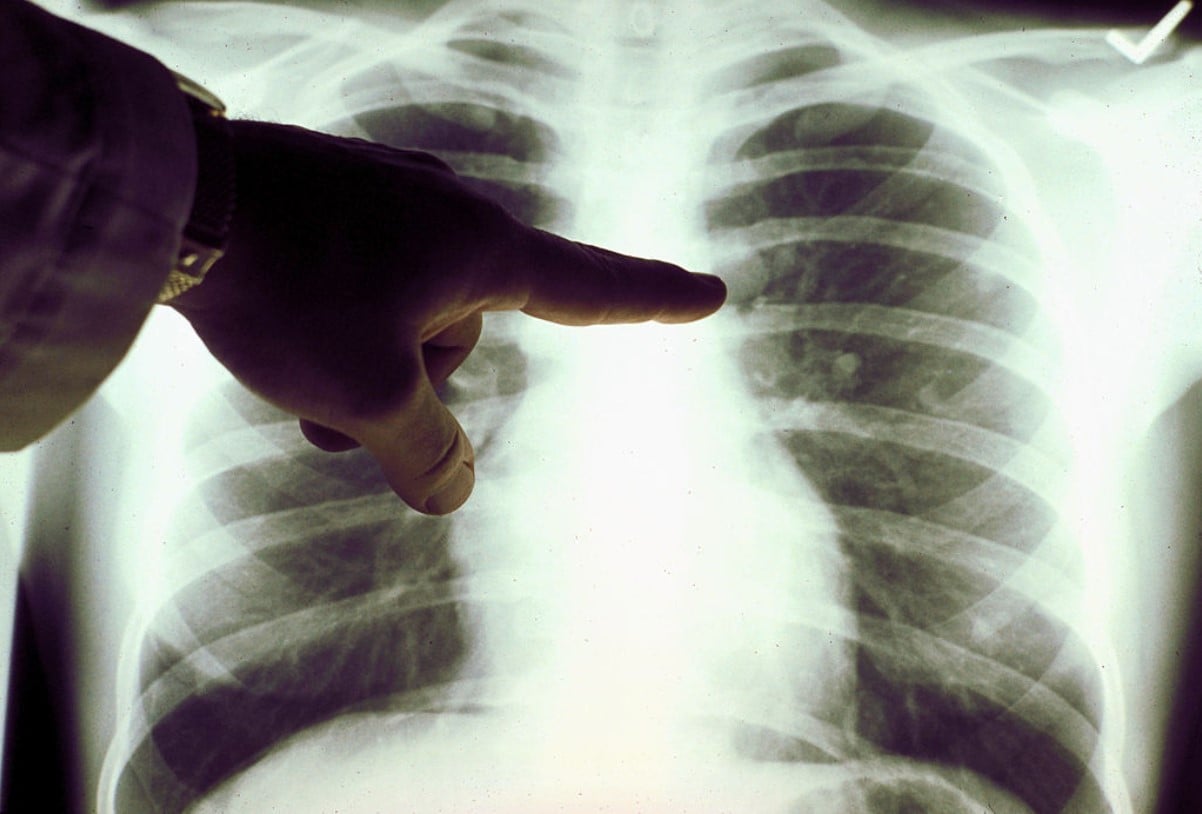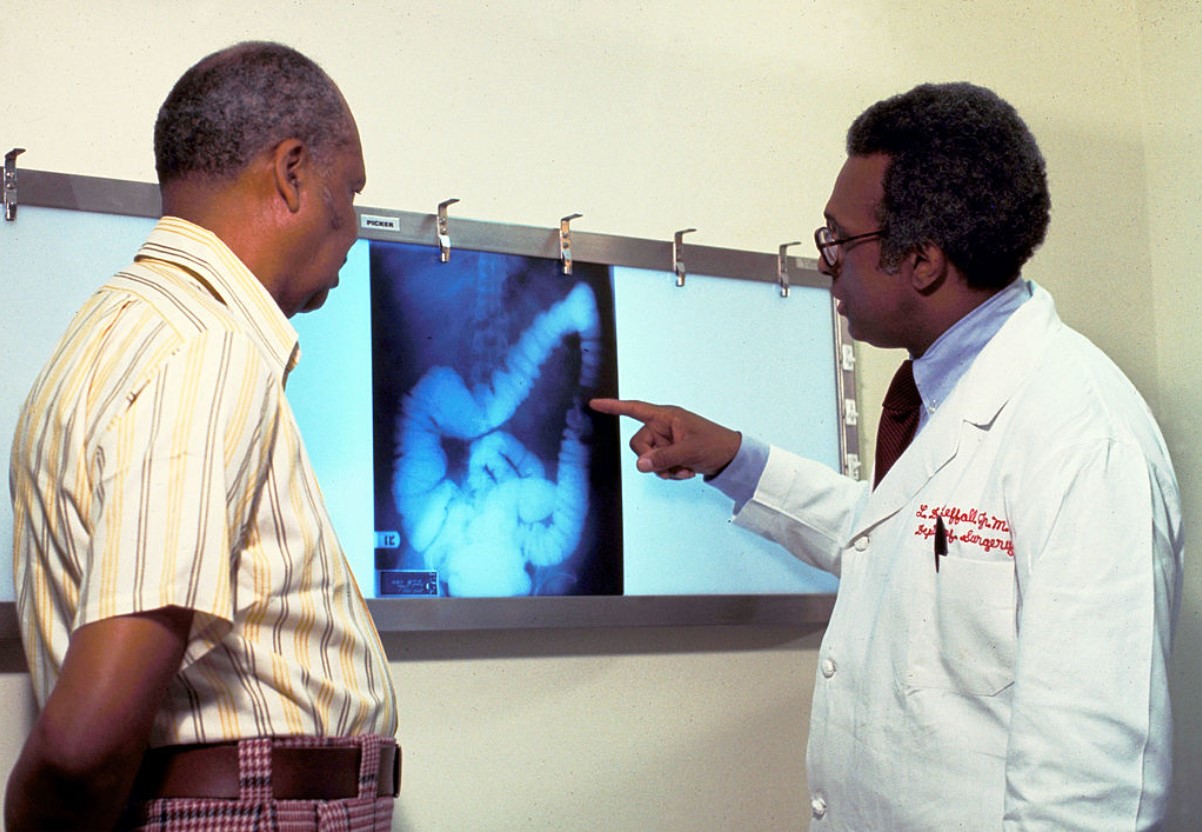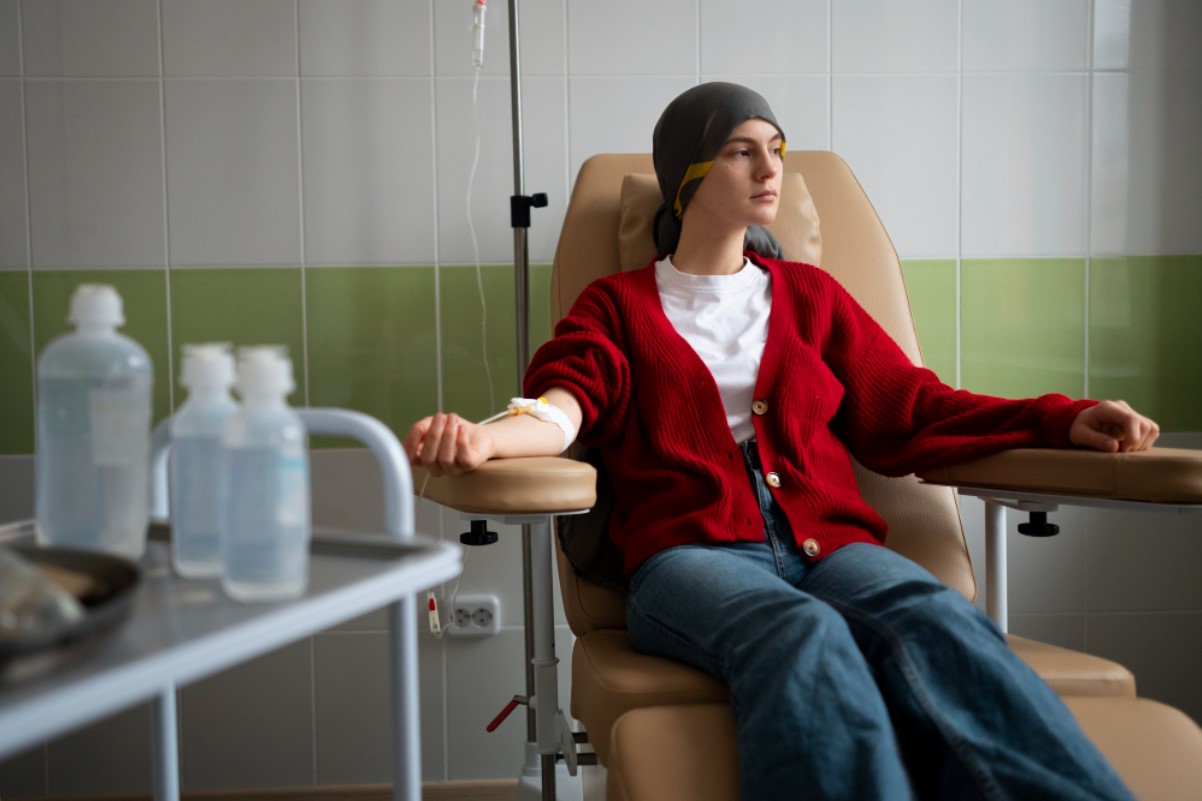A group of scientists have spoken out against the names associated with cancers, claiming this, in part, leads to less personalized treatments.
Instead of associating the disease with organs and body parts, the researchers argue cancer should be classified by its molecular makeup.
How Cancers Are Typically Identified

When a doctor discovers a patient has a cancerous tumor, generally, they will trace it back to the point of origin. If found in the colon, then it is diagnosed as colon cancer.
Yet, a group of scientists argue this hinders treatment and “needs to change” to ensure greater survival rates.
Doctors Publish New Cancer Research

In a recent paper published in the Journal Nature, a group of cancer experts from the French treatment facility, Gustave Roussey, spoke on how to better classify various forms of cancer.
According to their theory, cancers should be identified by the biological mechanisms that allow them to grow and spread. Ultimately, this would allow for better personalized care.
Nivolumab Used in Human Trials

The published paper includes research based on the drug nivolumab, which has seen some great results with cancer patients.
During one trial listed in the paper, the drug was used to treat people with various forms of cancer. Nivolumab helped shrink the tumors of some patients by up to 30%, yet on others, it had no effect.
What the Doctors Learned from the Trials

After considerable data was collected, the doctors found out the drug worked better when the levels of a particular protein in the tumor were higher.
Therefore, to better treat cancer, the researchers argue it’s best to focus on the tumor’s molecular makeup instead of its origin.
Cancer Classification Leads to Problems

As cancers are typically classified by organs, including kidney and lung, etc, researchers then had to carry out further clinical trials for each disease instead of a trial that focused on the tumor itself.
Therefore, millions of cancer patients with tumors that had high levels of the specific protein suffered as trials for their variation of cancer had not yet been conducted.
Similar Situation with Other Drugs

According to the team behind the publication, other clinical trials have witnessed a similar situation in recent years.
“Metastatic cancers – those that have spread beyond the organ where they originated – account for around 67–90 percent of cancer deaths and are almost always treated systemically, meaning with drugs that enter the bloodstream,” they wrote.
Stalling the Healing Process

The scientists surmise that in order to better treat patients with metastatic cancer, the classification of the disease must be changed from organ-based diagnoses to molecular-based ones.
“This attachment to classifying cancer — and addressing it — on the basis of the organ in which it originated is stalling progress in multiple ways,” they wrote.
Doctors Argue New Teachings Will Be Required

The researchers behind the paper claim drastic changes will be required to ensure the change in classification happens.
“This will require radical changes in how medical oncology is structured, conducted, and taught,” they wrote.
Patients Informed about Biological Mechanisms

According to doctors, if patients are better informed about the biological mechanisms of their cancer, it may help them seek out better treatment.
“In the coming years and decades, numerous layers of information could be incorporated into comprehensive characterizations of cancer that are unique to each patient,” they added.
Personalizing Cancer Treatments

The idea is to use information specific to the patient’s tumor to ensure treatment is personalized to their illness.
“These include cancer’s organ of origin, which sometimes remains an important factor in deciding what treatment to try, the number and size of tumors and their aggressiveness, as measured by the expression levels of certain genes,” they wrote.
A Way to Ensure Access to Effective Cancer Treatment

According to the doctors, the classification would ultimately have a net positive impact on treating cancer.
“Classifying cancers according to their molecular characteristics would expedite the access of millions of people to effective treatments.” They continued, “’It is also the first step towards precision oncology and a deeper biological understanding of how cancer works.”








































